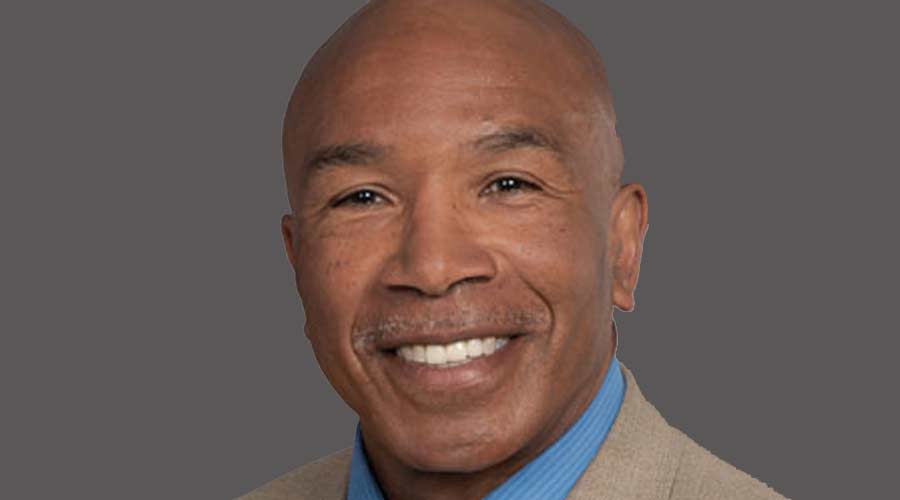
As leaders, we are often faced with challenges and difficulties that must be addressed daily. We become pretty good at managing routine challenges, but then there are those that have a significant impact on people and/or the organization and could be far more stressful and difficult to navigate.
It is not a matter of if you will experience an all-encompassing difficult situation, but when. It could come in a variety of forms: layoffs, budget cuts, lost contracts, hiring freezes, moral dilemmas, a tragedy in the workplace or in someone’s personal life, etc. Hopefully, these are few and far between, but when you are faced with a tough situation there are practices you should consider:
Be aware of your emotions.
You can feel a wide range of emotions — often sadness, anger, shock, and fear — when faced with a difficult situation such as needing to lay off staff or not filling vacant positions. Understand that these emotions are normal and try your best to embrace the reality of the situation. Allow yourself time to grieve and process the emotions you are experiencing and move forward as positively as possible. People will be taking their cues from you so your behavior and attitude will set the tone of interactions going forward.
Be empathetic and understand people may express their emotions with anger or accusations. It is important not to retaliate or become defensive. Remain tolerant and lead with humility and short- and long-term goals in mind. Ongoing self-care and engaging in those activities that reduce your stress is important. Continue to engage in exercise, meditation, reading, spending time with loved ones, hiking, or any activities that keep you healthy and mentally refreshed.
Make the well-being of the people the highest priority.
Understand all the policies and procedures pertaining to the situation so you can best utilize them to the benefit of your people. This may require a joint effort with your human resources department and any other internal or external resources available.
Make decisions that are ethical and anchored on the greatest good for your team, and acknowledge and address every expressed concern honestly. You may not be able to resolve all concerns but listen and be creative in seeking solutions or alternatives.
Communicate openly, honestly, and frequently. Determine who is the best and most trusted voice for the people. If you are in charge, take charge. Your communication should describe why something is happening or has happened, as well as specific plans and expected outcomes for everyone. Don’t hesitate to have higher levels of your organization involved in communicating for additional credibility and support.
Learn from the situation.
How did the organization get into the predicament that it is in? Use hindsight to analyze decisions and actions in the past that led to the situation. Could it have been avoided? Were there indicators that things were heading toward an undesirable result? How can we influence or make decisions in the future that would lead to a more desired outcome?
Analyze how you led your team through difficulties. What did you do well? What would you do differently?
Get feedback from trusted colleagues. This assessment of your experience, as difficult as it might have been, will add to your growth and learning and will be valuable to you in the future.
Preserve everyone’s dignity, including your own.
Angelia Merkel, a former German politician, once said, “When it comes to human dignity, we cannot make compromises.”
Leading through tough times is a real test of character. To maintain one’s dignity means not compromising one’s values and principles.
Maintaining integrity and dignity will give people confidence in you as a leader and sustain trust when it can be very fragile. It will also allow you to remain calm and not overreact. Stay true to treating people respectfully by ensuring that they know that you are there to support and help them. Listen to their concerns and recognize their feelings. Allow them to make decisions regarding their individual situation whenever possible. Understand that authentic heart-to-heart conversations will help people feel less negative about you and the organization.
Build healthy relationships with your team when things are relatively normal so when tough and challenging times present themselves, you will be able to navigate through them with as much humanity as possible.
Gene Woodard, R.E.H., spent more than 45 years in the cleaning industry, retiring as the director of building services at the University of Washington, before which he spent almost a decade at Emanual Hospital in Portland, Oregon. Gene was also a founding member of the Healthy Green Schools & Colleges Steering Committee and served for many years as an advisory board member of Facility Cleaning Decisions magazine.

 The Down and Dirty on Cleaning in Virus Season
The Down and Dirty on Cleaning in Virus Season How Surfactant Use is Expanding in Commercial Cleaning
How Surfactant Use is Expanding in Commercial Cleaning